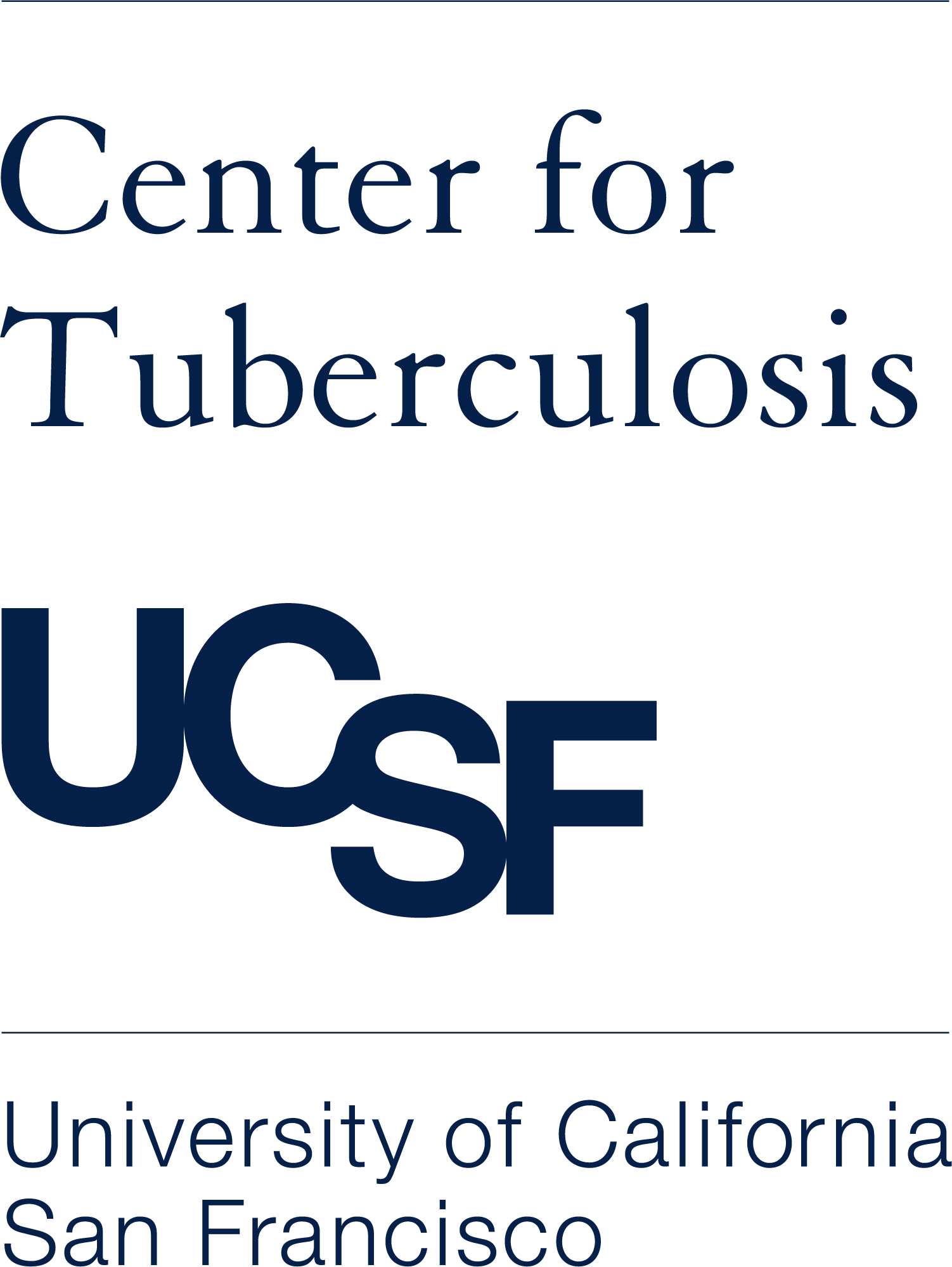
Diane Havlir, MD is a member of the National Academy of Medicine; Professor of Medicine at UCSF; and Chief of HIV, Infectious Diseases and Global Medicine at Zuckerberg San Francisco General, home to world-renowned HIV research and the Ward 86 clinical program. She serves as Associate Chair of Clinical Research in the Department of Medicine, as well as Director of the UCSF AIDS Research Institute (ARI) as the Robert L. Weiss Memorial Chair for HIV/AIDS Research. Dr. Havlir is the Principal Investigator of the Sustainable East Africa Research in Community Health (SEARCH) Collaboration.
Dr. Havlir was a resident at UCSF when the AIDS epidemic emerged in the 1980s and has since devoted her career to caring for people with HIV and advancing ground-breaking research. Her seminal research helped define the first medicine combinations to transform HIV from a uniformly fatal to a chronic disease. A long-standing NIH-funded investigator, she has authored over 400 publications, including in The New England Journal of Medicine, JAMA, and other high-impact journals. She co-founded and continues to co-chair San Francisco Getting to Zero (GTZ), a citywide initiative to eliminate new HIV infections and deaths.
Globally, Dr. Havlir has been active in leadership roles with the World Health Organization (WHO), including chairing the global HIV Drug Resistance Surveillance Network and the HIV–TB Working Group. She co-chaired the WHO’s global guidelines on HIV treatment and prevention, and she chaired the UNAIDS Scientific and Technical Advisory Committee, which provides high-level guidance on global strategies to combat the HIV/AIDS pandemic.
The overall goal of Dr. Havlir’s research is to develop and test strategies to prevent and treat HIV and other global infectious disease pandemics. Antiretroviral medicines—for prevention (PrEP/PEP) and treatment (ART)—are among the greatest successes of modern medicine, yet gaps persist globally, hindering progress in eliminating HIV and its complications such as tuberculosis (TB). In the first SEARCH study, an NIH-funded 320,000-person cluster-randomized study in rural East Africa, Dr. Havlir’s team showed that a multi-disease, patient-centered approach to HIV testing and treatment reduced HIV incidence, HIV-associated tuberculosis and HIV-associated mortality, while improving population-level control of hypertension. Dr. Havlir continues to advance her goal of accelerating the end of AIDS through the SEARCH-Sapphire study, testing an innovative “Community Precision Health” strategy that uses a multi-disease approach to incorporate AI and machine learning into delivery systems to improve the effectiveness and efficiency of healthcare.
During the COVID-19 pandemic, Dr. Havlir co-founded Unidos en Salud, a city–community–academic partnership with the Latino Task Force, Chan Zuckerberg Biohub, the San Francisco Department of Public Health, and BayPLS. The collaboration delivered low-barrier test-and-respond and vaccine services to thousands of local residents, generating real-time epidemiologic data for the Mission District of San Francisco.
